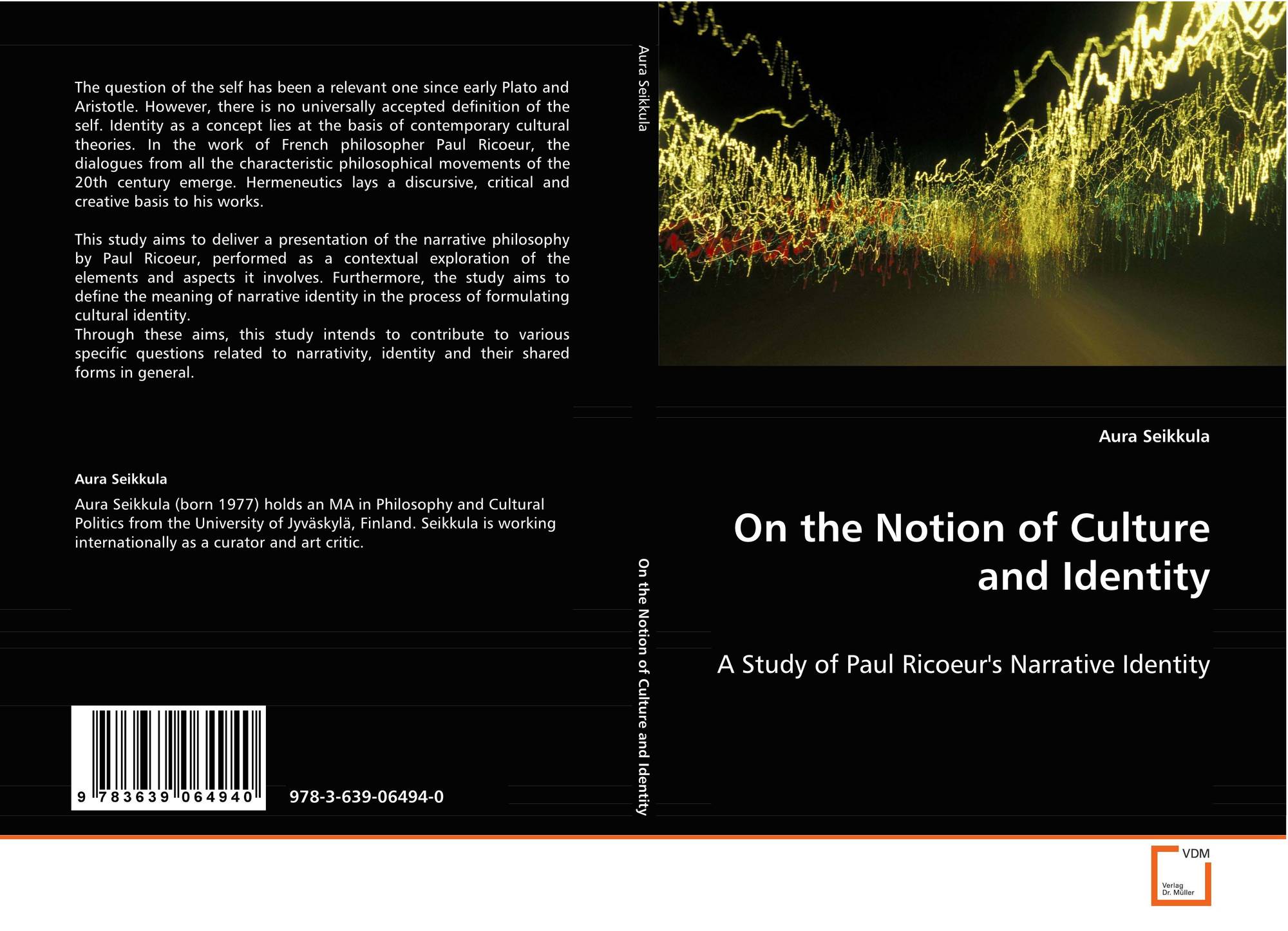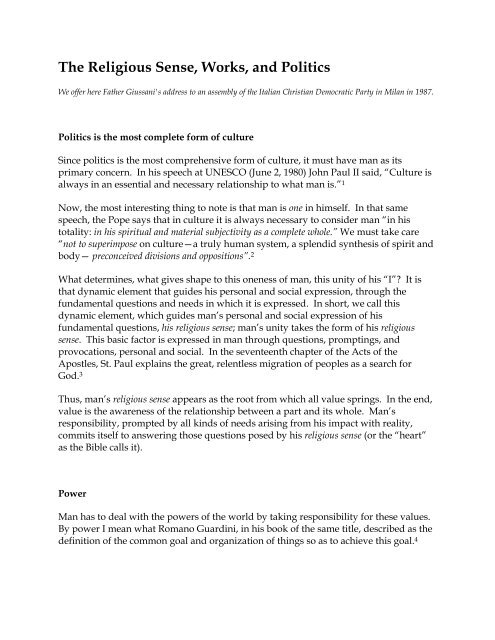

Publishing across the arts, humanities, and social sciences, the journal welcomes articles from different political positions, cultural approaches, and geographical locations.Ĭultural Politics publishes work that analyzes how cultural identities, agencies and actors, political issues and conflicts, and global media are linked, characterized, examined, and resolved. Cultural Politics explores precisely what is cultural about politics and what is political about culture. Luci Eldridge, Winchester School of Art, University of Southampton, UKĬultural Politics is an international, refereed journal that explores the global character and effects of contemporary culture and politics. Tania Roy, National University of Singapore Giraud, University of Sheffield, UKĭouglas Kellner, University of California, Los Angeles, US Mark Featherstone, University of Keele, UKĮva H. +44 (0) 23 8059 Bishop, Winchester School of Art, University of Southampton, UK

To submit, visit this page for prospective authors.
CULTURAL POLITICS DEFINITION SERIES
For more information, see the book series page. The journal explores precisely what is cultural about politics and what is political about culture by bringing together text and visual art that offer diverse modes of engagement with theory, cultural production, and politics.ĭuke University Press now publishes a Cultural Politics book series. Moving beyond the boundaries of race, gender, and class, Cultural Politics examines the political ramifications of global cultural productions across artistic and academic disciplines. It likes to leap between the theoretical and the concrete, so that it is never boring and often filled with illuminating glimpses into the intellectual and cultural worlds.” Lawrence Grossberg, University of North Carolina at Chapel Hill In an academic universe already well populated with journals, it is carving out its own unique place-broad and a bit quirky. “ Cultural Politics is a welcome and innovative addition.


Journals fulfilled by DUP Journal Services.12), Emerald Group Publishing Limited, Bingley, pp. (Ed.) International Educational Governance ( International Perspectives on Education and Society, Vol. (2010), "Cultural political economy and the international governance of education: A theoretical framework", Karin Amos, S. In conclusion, the chapter acknowledges the aspects of CPE that remain undeveloped and problematic as well as underlining the terms upon which the CPE as presented here might need to engage with other theoretical approaches. Established accounts of the development of an EU role in the governance of education since the launch of the Lisbon Strategy in March 2000 are examined so as to establish what a CPE approach can offer to attempts to complement and transcend them. The chapter builds on the developed account of CPE to address the challenges presented by the European Union (EU) as an example of international governance. CPE is situated historically as a contemporary example of attempts within the Marxist tradition to explore the relations between the cultural (the world of discourse and practice), the political (actors and institutions), and the economic. This chapter presents and discusses the value of cultural political economy (CPE) as a theoretical framework for the analysis of the international governance of education.


 0 kommentar(er)
0 kommentar(er)
